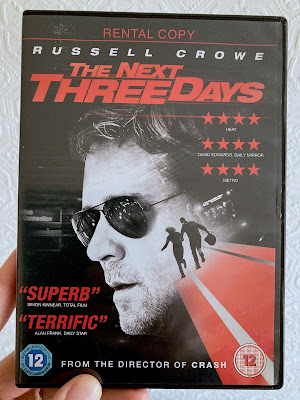Sigourney Weaver plays Ripley, a warrant officer on the cargo ship Nostromo. The ship picks up a signal from a moon, indicating unexpected life. While investigating, the crew accidentally adopt an alien creature that threatens not just all of them but humanity itself.
Weaver is great in the main role – tough but compassionate, and smart and intuitive in a way that her colleagues aren’t.
It works because it’s mostly about the suspense rather than the monsters, although what you do see of the aliens is terrifying enough.
A long line of sequels and prequels would follow as Alien developed into a franchise, but none of them came close to this original.











